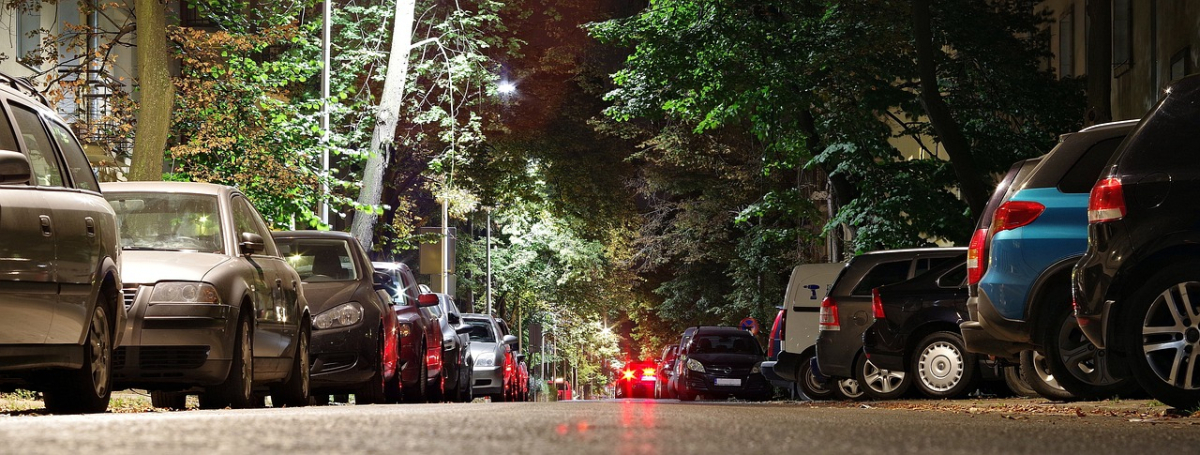A teenager allegedly caught buying a gun for a terror attack in an MI5 sting was "lonely and isolated" during the Covid-19 lockdown as he viewed extreme right-wing material in his bedroom. Alfie Coleman was aged 19 when he was arrested by counter terrorism police in a Morrisons car park moments after sourcing a Makarov pistol and ammunition in September 2023.
Now aged 21, the defendant from Great Notley in Essex has admitted attempting to possess both a firearm and ammunition but denied he was preparing for a terrorist attack. On Wednesday, Coleman described being unhappy and suffering with his mental health at school and college, where he studied for a B Tech in business.
Mental health struggles emerge
His barrister Tana Adkin KC asked him: "Did you ever intend to commit an act of terrorism?" Coleman denied it and added that he never intended to hurt anyone. Giving evidence at the Old Bailey, Coleman told jurors how he grew up with his parents and older sister in Braintree, Essex.
Asked if he had any problems at secondary school, he said: "I was struggling with my mental health at the time, aged 13 to 14." He went to the doctor but refused the offer of counselling because he "didn't feel like anybody would understand".
Pandemic worsened isolation
Just before the Covid pandemic struck, Coleman said his mental health was still "not very good". He told jurors: "I felt very lonely, isolated, I guess. Despite the fact I was offered help I just didn't want it."
Coleman told jurors how he would spend hours a day in his bedroom playing Call Of Duty on Xbox and viewing content about conspiracy theories on TikTok. He told jurors he could not remember using his iPhone to search for the Klu Klux Klan when he was aged 14 but said it could be linked to a documentary he had seen on YouTube.
Address note raises questions
At the time, Coleman said he was interested in history and "military-related" content, jurors heard. Coleman was asked about writing down the Lord Mayor of London's address in a note entitled "Important Stuff".
The prosecution has alleged Coleman identified the "Mayor of London house" as an initial target and included the postcode of the Lord Mayor of London in an early abandoned attack plan. However, Coleman told jurors he probably found the address on a video about Ulez he had seen on TikTok in 2020.
School cancellation deepened problems
Asked why he made a note of it, the defendant replied: "I don't know. I don't remember doing it myself. It was so long ago." On how he was affected by the first lockdown in March 2020, he said: "My whole school year was cancelled and there was no formal school for the rest of that year basically."
"Up until late 2020 when I started going to college there was no school. I didn't really like school at that time. I was not attending often. I was pretty lonely."
Telegram discovery and overdose
By early 2021, Coleman said he was spending "a lot of time" on the internet and had discovered Telegram. He initially deleted it because the content about the extreme right-wing and firearms "was a bit strong", he said.
He soon returned to it, he said: "Mainly I was just looking, I wasn't interacting at that point." Asked how his mental health was then, he said: "Pretty bad, I'd say. Started taking medication around that time not prescribed for me."
Content viewing escalated rapidly
He took an overdose of pills which made him "sleepy" but told jurors he "got away with it" by staying in his room and not telling his family what had happened. Coleman told jurors that from then on the content he was viewing "snowballed" as he viewed material about Germany and the Nazis as well as knives and firearms.
He said he was following a lot of channels, some of which related to extreme right-wing material and which "overlapped" with information on Nazis and Adolf Hitler. Previously, the court has heard that Coleman had accepted he had a significant quantity of extreme right-wing material and has pleaded guilty to possessing 10 documents which contain information likely to be useful to terrorists.
The defendant does not dispute writing a text bearing similarities to other "manifestos" written by convicted extreme right-wing terrorists nor that he engaged in chat on Telegram and Wire with people who proclaimed extreme right-wing views and idolised Hitler, jurors have heard. The Old Bailey trial continues.
(PA) Note: This article has been edited with the help of Artificial Intelligence.







